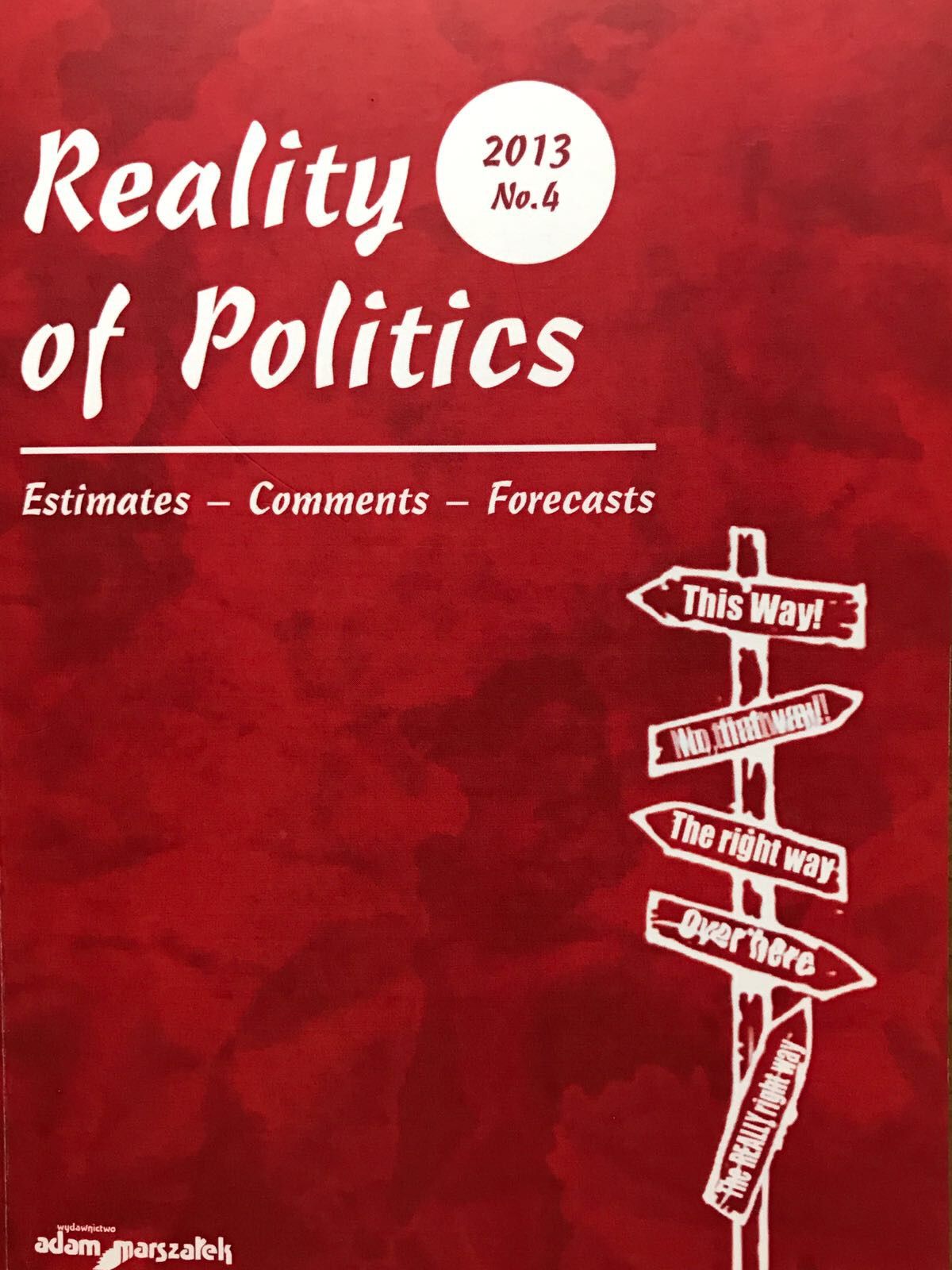CHALLENGES AND PERSPECTIVES OF POLISH FOREIGN POLICY TOWARDS THE POSTYUGOSLAV REGION
CHALLENGES AND PERSPECTIVES OF POLISH FOREIGN POLICY TOWARDS THE POSTYUGOSLAV REGION
Author(s): Renata PodgórzańskaSubject(s): International relations/trade
Published by: Wydawnictwo Adam Marszałek
Keywords: Polish foreign policy; Post-Yougoslav region; enlargement of European Union; post- -Cold War period;
Summary/Abstract: In the new, post-Cold War reality Polish foreign policy faced challenges stemmingfrom the need to set targets that would refl ect the interests of Poland, as well as take into accountthe changes in the international environment. Gradually, the assumptions and directions of foreignpolicy were rebuilt, with an aim to ensure the safety of the country in both internal andexternal dimension, to provide the territorial integrity, strengthen the sovereignty and createoptimal conditions for the development of the state and society. Aft er 1989, as a consequence ofthe concentration of eff orts of Polish diplomacy on the implementation of strategic directionsof foreign policy, others had a secondary meaning. Polish vital interests were located in theEuro-Atlantic area, in the immediate vicinity, as well as in Central and Eastern Europe, which iswhy in the fi rst place all strengths and resources were engaged there in order to implement thestrategic tasks of foreign policy; the Western Balkans remained on the sidelines, in the territoryof former Yugoslavia. Nevertheless, this did not mean the total marginalization of the post--Yugoslav region, and the perception of the events associated with the disintegration of theYugoslav federation as not directly, but only indirectly connected with Polish interests.
Journal: Reality of Politics. Estimates - Comments - Forecasts
- Issue Year: 2013
- Issue No: 4
- Page Range: 178-197
- Page Count: 20
- Language: English

